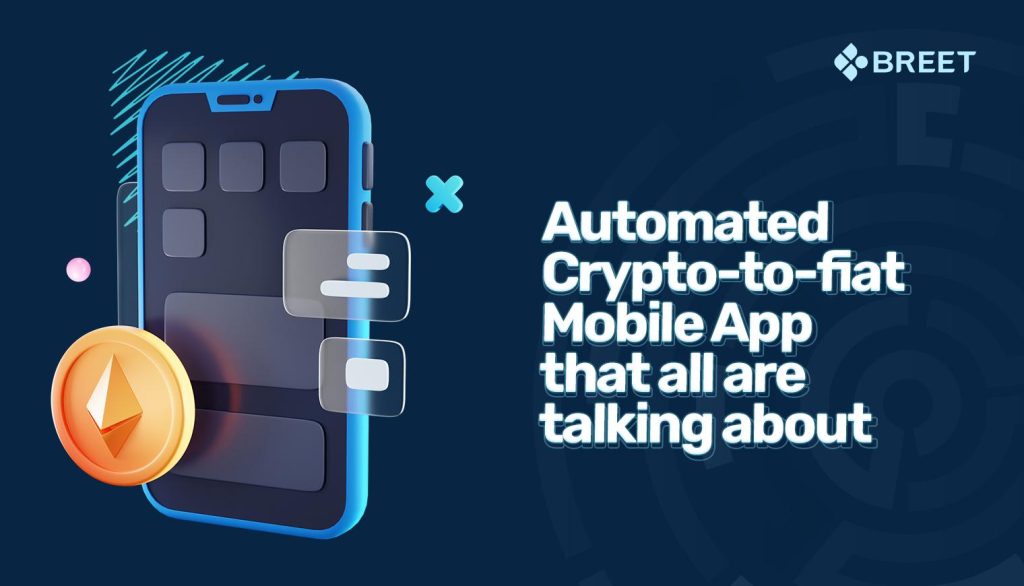As you and I know, cryptocurrency has taken the world by storm, and Nigeria is no exception. Nigeria is one of the fastest-growing economies in Africa, and it has embraced cryptocurrencies as a means of enhancing its economic growth. Cryptocurrency, due to its nature, has brought significant changes to the Nigerian economy, with the most notable being financial inclusion and transparency. I mean, what more do we know cryptocurrency for?
Nigeria has a population of over 200 million people, making it the largest in Africa. However, only about 40% of the population has access to banking services, leaving roughly 60% of the population. Cryptocurrency has helped bridge this gap by providing a means for Nigerians to transact and access financial services without the need for traditional banking. This has led to increased financial inclusion, allowing more Nigerians to participate in the economy. Personally, cryptocurrency has helped to make transactions globally, voiding the breach of Nigerian restrictions on international banking.
In addition to financial inclusion, cryptocurrency has also brought transparency to the Nigerian economy. Before the adoption of cryptocurrencies, corruption, and fraudulent activities were rampant in the Nigerian financial sector. However, with the blockchain technology that powers most cryptocurrencies, transactions are immutable and transparent, making it difficult for corrupt individuals to engage in fraudulent activities.
Furthermore, cryptocurrency has provided Nigerians with a means of preserving their wealth. The Nigerian currency, the Naira, has experienced significant depreciation over the years due to inflation and economic instability. As a result, Nigerians have had to find alternative means of preserving their wealth, and cryptocurrency has proven to be a viable option.
Crypto In Nigeria, Challenges and Future Prospect
First things first, The Nigerian government has not yet established clear guidelines for the crypto industry, which creates uncertainty and fear among investors. This lack of regulation has also made it easy for scammers and fraudsters to take advantage of unsuspecting investors.
Another challenge is the limited access to banking services for crypto exchanges. Many Nigerian banks have restricted access to their services for crypto exchanges, making it challenging for Nigerians to buy and sell cryptocurrencies.
In addition to these challenges, the Nigerian government has been quite cautious about crypto. In February 2021, the Central Bank of Nigeria (CBN) issued a directive prohibiting all financial institutions from facilitating transactions in cryptocurrencies. This directive was met with widespread criticism from the crypto community, and many argued that it was a step backward for Nigeria’s fintech industry.
Despite these challenges, the future prospects of crypto in Nigeria remain bright. Many experts believe that the crypto market will continue to grow, and as more Nigerians become familiar with cryptocurrencies, we can expect to see more adoption and usage.
Crypto in Nigeria faces challenges such as lack of regulation and limited access to banking services, but the future prospects remain bright. As more Nigerians become familiar with cryptocurrencies, we can expect to see more adoption and usage. The Nigerian government is also starting to recognize the potential of blockchain technology beyond just cryptocurrencies, which is a positive sign for the future of crypto in Nigeria.
4 Ways How Crypto Is Boosting the Nigerian Economy
1. Financial Inclusion
Possibly, the spread of cryptocurrencies will result in greater financial equality. People will be able to transfer money more cheaply and effectively using cryptocurrencies and blockchain without the need for middlemen. The quality of life will significantly increase as a result. Cryptocurrency is becoming more and more widely accepted as a form of payment in restaurants, supermarkets, clothing shops, and other establishments worldwide. The online casino business is one of the main drivers of this. For example, in Nigeria today, businesses can use crypto trading apps like Breet to accept cryptocurrency as a method of payment for their goods or services. Breet gives hassle-free accountability for every crypto received and automatically converts your crypto to cash in less than five minutes. Which makes it convenient for businesses and customers.
The majority of cryptocurrencies are also decentralised and have a fixed quantity, which protects them from the effects of inflation. Additionally, it means that there is no central authority that can decide how much money needs to be produced annually in order to maintain the value of existing units of currency and prevent them from depreciating over time due to inflationary pressures. And is enjoyable, as Breet offers a 100% transaction policy. No fees and no charges and you can even earn rewards for making transactions.
2. Accountability and Transparency
Recent events affecting the Nigerian financial system include bank closures, fraud, cyberattacks, and devaluation of the national currency. Businesses and people both have problems with this.
By providing alternatives that provide higher protection and transparency while giving people more control over their money when doing business online, the cryptocurrency market can address these issues. This is one major reason why people love cryptocurrency.
Blockchain technology can be used by all spheres of society, including companies and governmental organisations, to keep track of what happens behind closed doors and hold everyone responsible for their actions. This makes the playing field more equal and ensures that everyone has access to what they require. Everyone should have equal chances, regardless of origin or socioeconomic position, in nutrition, healthcare, and education. Think about the impact this would have if it were implemented worldwide.
3. Economic Growth
Cryptocurrencies can be used to exchange, store value, and develop new financial instruments. The introduction of this new asset class could fundamentally alter how we view money and spur economic development by fostering innovation in sectors like banking and finance.
A new method to save money is provided by cryptocurrencies. It enables people to take charge of their finances and make investments in things that are accessible, secure, and transparent. Encouraging people to save and promoting financial literacy will promote economic development.
This particular event is evident in the case of today, where many Nigerians do not have access to their money in the bank and cannot make transactions on their bank app. With the top best crypto apps in Nigeria, you have full access to your crypto wallet, whether day or night.
4. Job Creation
The creation of jobs is one of the primary benefits of cryptocurrencies. The crypto industry has traditionally produced a large number of jobs, and as technology develops, it will continue to do so. When it comes to giving people jobs, the cryptocurrency business is no different from any other. There are numerous methods that cryptocurrencies can give Nigerians new jobs throughout Africa. As a crypto writer, cryptocurrency gave me a job. This is enough to prove my point.
Access to financial services that were previously inaccessible due to a lack of infrastructure or limited financing options is one of the ways cryptocurrencies generate job opportunities. Cross-border transfers are made possible by cryptocurrencies without the use of banks or other intermediaries. As a result, small businesses can now take payments from abroad without having to pay the exorbitant fees levied by conventional platforms.
Overview: How Cryptocurrency Is Helping The Nigerian Economy
Nigeria will gain a lot from cryptocurrency because it is decentralised money that helps shield people from economic instability. The market for cryptocurrencies offers substitutes with higher levels of security and transparency, which can help address a variety of issues. Additionally, it enables people to exercise greater financial control when making purchases from internet merchants.
To benefit more from the great outcomes of cryptocurrency in Nigeria. It is important you do proper research and follow relevant crypto blogs in Nigeria to remain crypto-educated.
To get started and involve yourself with crypto in Nigeria, I advise you to utilize a trustworthy crypto platform in Nigeria like Breet. Breet is available on all Android and iPhone devices.


